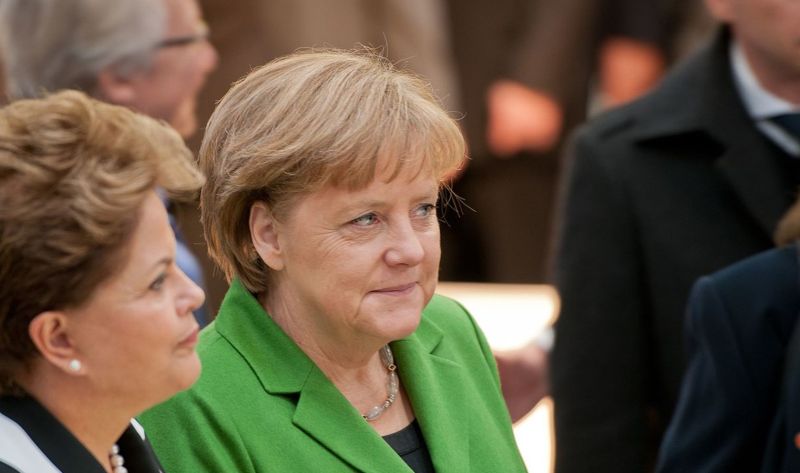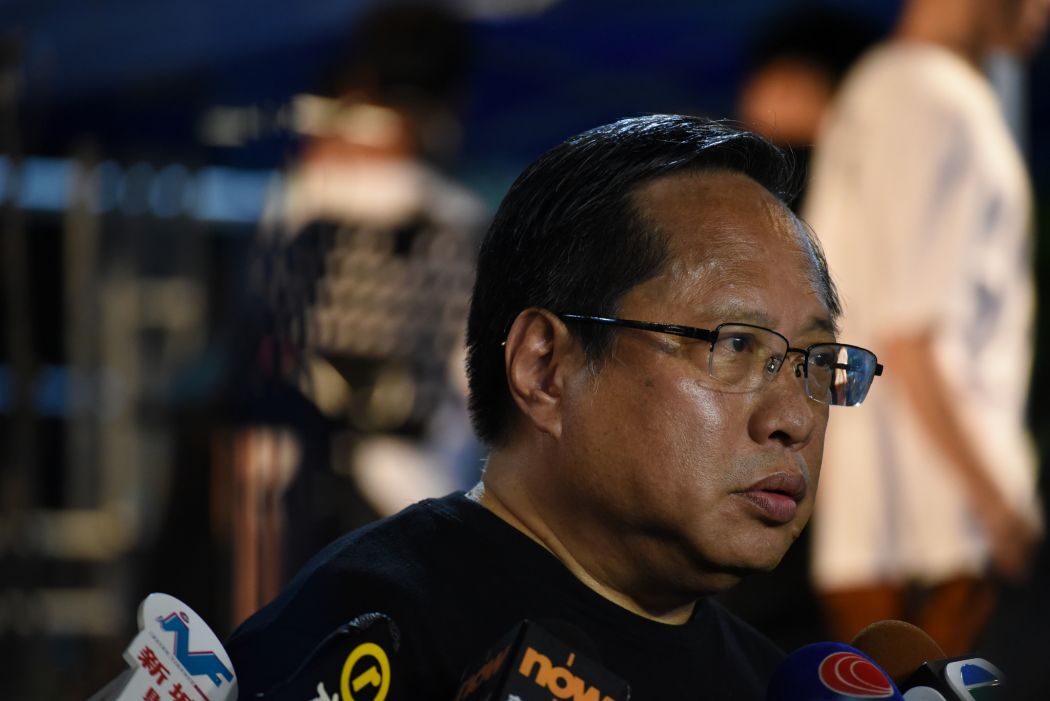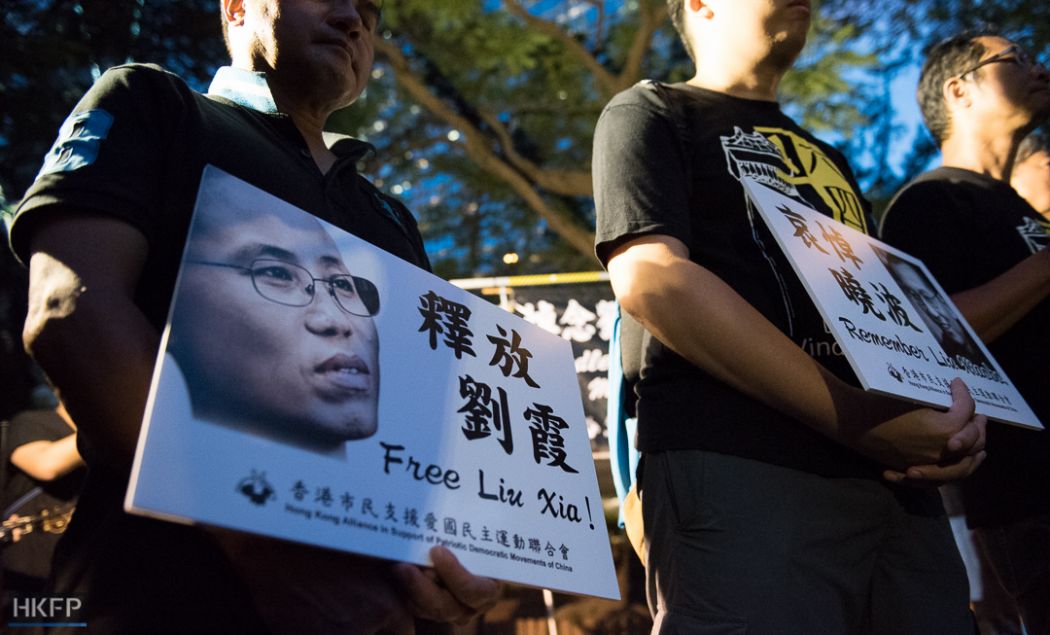Liu Xia, widow of Nobel Peace Prize laureate Liu Xiaobo, left China on a flight to Germany following years of de facto house arrest. The Chinese Foreign Ministry confirmed that she had left in order to receive medical attention.
The 57-year-old departed on a Finnair flight from Beijing on Tuesday at around 11am, BBC Chinese reported.

Liu Xia’s friend – Chinese dissident and author Liao Yiwu – told Apple Daily that his journalist contacts told him that human rights were raised during talks between Chinese Premier Li Keqiang and German Chancellor Angela Merkel in Berlin on Monday – and Liu’s situation was likely mentioned. Liao lives in exile in Germany.
See also:
- Liu Xia arrives in Europe with a smile, as China says she left country for medical treatment
- NGOs, activists react as Liu Xia leaves China, but fears remain for brother in Beijing
- ‘I want to marry that enemy of the state’: Liu Xia – the apolitical poet who became a dissident’s wife
Liu Xiaobo was a Chinese poet who was awarded the Nobel Peace Prize in 2010. He was jailed for 11 years a year earlier for inciting “subversion of state power,” after he penned Charter ’08 – a manifesto urging democratic reform. He died a year ago this Friday after battling liver cancer while on medical parole, making him the first Nobel laureate to die in custody since 1938.

According to Ming Pao, Liu Xia’s brother Liu Hui – who remains in Beijing – confirmed the news of his sister’s departure on WeChat on Tuesday afternoon: “My sister left Beijing to fly to Europe this afternoon, to begin her new life. I’m grateful for those who cared about her and helped her all these years.”
“I also hope our parents and my brother in law can stop worrying and continue to look after her. May the rest of her life be peaceful and happy. Thanks everyone, I bow to you.”
Patrick Poon, researcher for Amnesty International, told HKFP: “It’s really wonderful news to hear that Liu Xia is eventually able to leave China. She has been suffering depression. It’s good that she can receive medical treatment in Germany now. Her brother Liu Hui is still in China. Liu Xia might not want to talk much as she would be worried about his safety.”
Veteran Hong Kong politician Albert Ho told HKFP that he was relieved at the news, though could not confirm it. “We all let out a breath we’ve been holding.”
“It is hard for Liu Xia to continue in such a mental state. If she wasn’t allowed to leave China and go to a free place to breathe a breath of fresh air, I don’t think she could survive.”

He said he believed that Liu Hui was a “hostage.”
“[They] had him stay to ensure Liu Xia wouldn’t say anything out there that crosses a big line. I’m sure she had to make lots of promises before they let her leave.”
“They know… that the siblings have a deep bond – all this time Liu Xia depended on Liu Hui as her mental support.”
Liu Hui was sentenced to 11 years in jail for fraud charges in 2013, in a case which was widely seen as political persecution. He has since been released on bail.
Years of surveillance
Liu Xia faced daily restrictions on her movement and was under surveillance for over seven years. Chinese authorities maintained that she was “free” with a Shenyang city official last year saying that her rights and freedoms were “protected under the law.” In May, the Chinese authorities barred five Western diplomats from visiting her, according to diplomatic sources.

In a letter publicised last December, Liu told the 2009 Nobel Literature Prize laureate Herta Mueller that she was “going mad” and compared her life in isolation to that of a plant.
Her letters were published by her friend in Germany, Liao Yiwu: “I shared her words in the hope of urging Western governments to talk with the Chinese government on this issue and let her go as soon as possible,” Liao said at the time.
Since President Xi Jinping came to power in 2013, Beijing has sought to crack down on dissent by detaining hundreds of activists, human rights lawyers and their aides, and journalists.
HKFP has reached out to China’s Ministry of Foreign Affairs and the German embassy in Beijing for comment.
Additional reporting: Kris Cheng.
